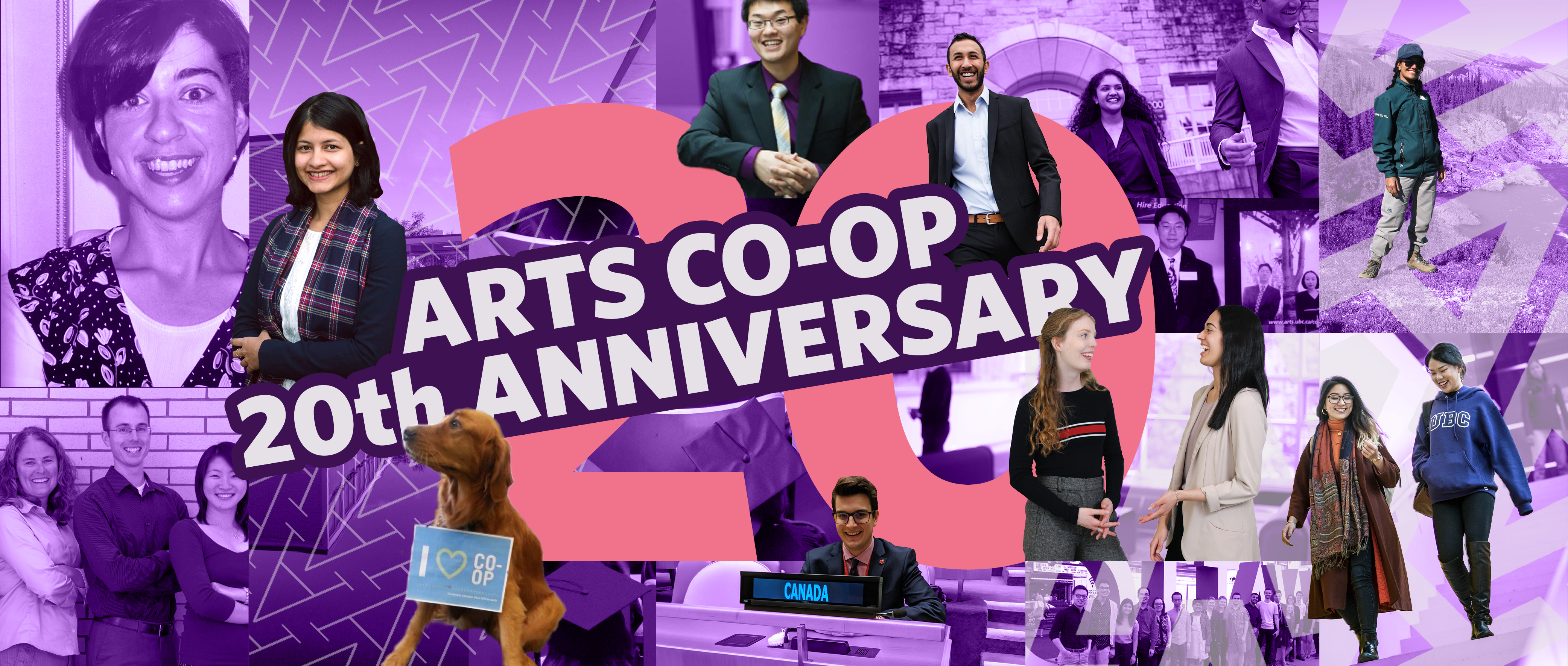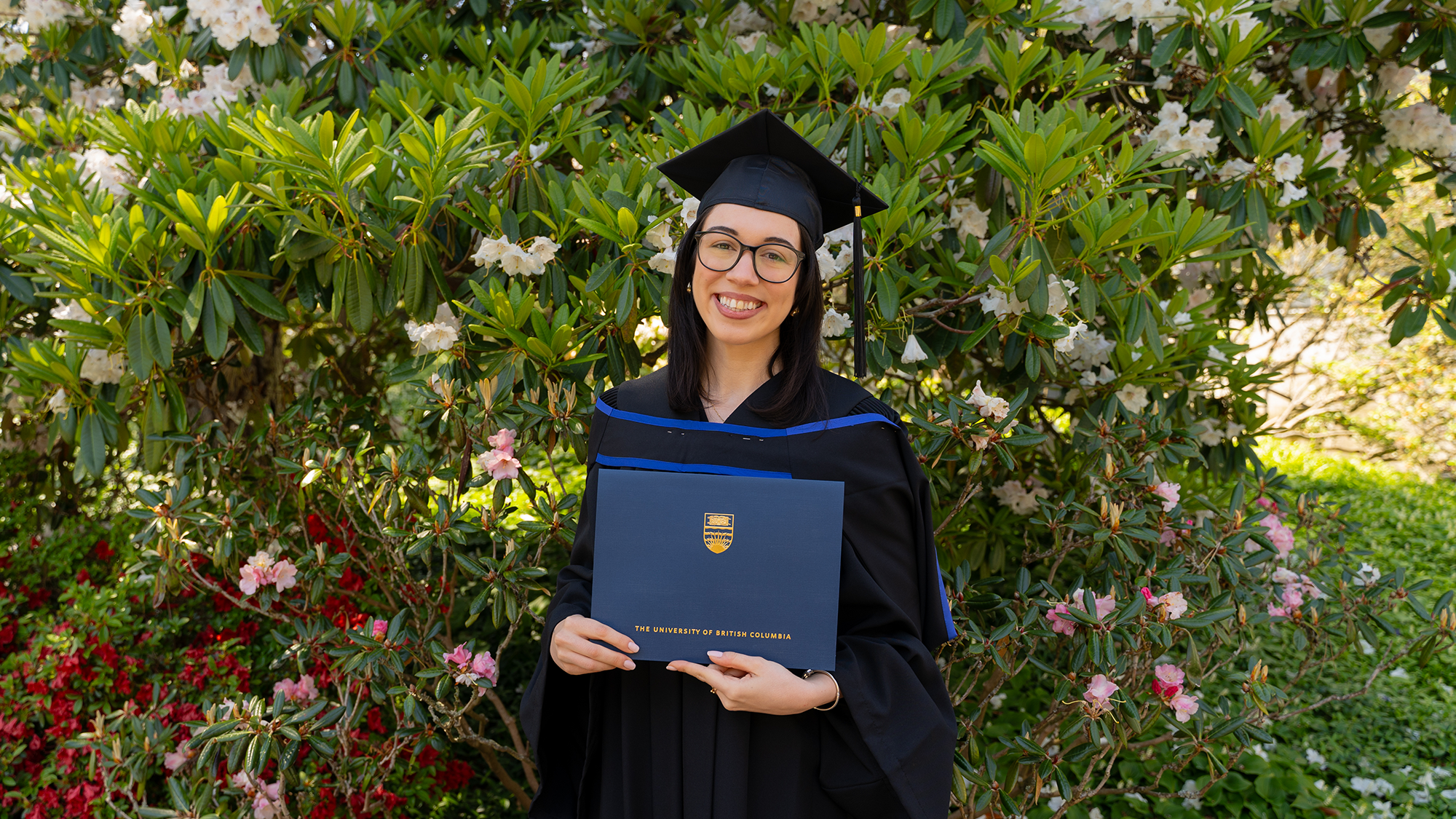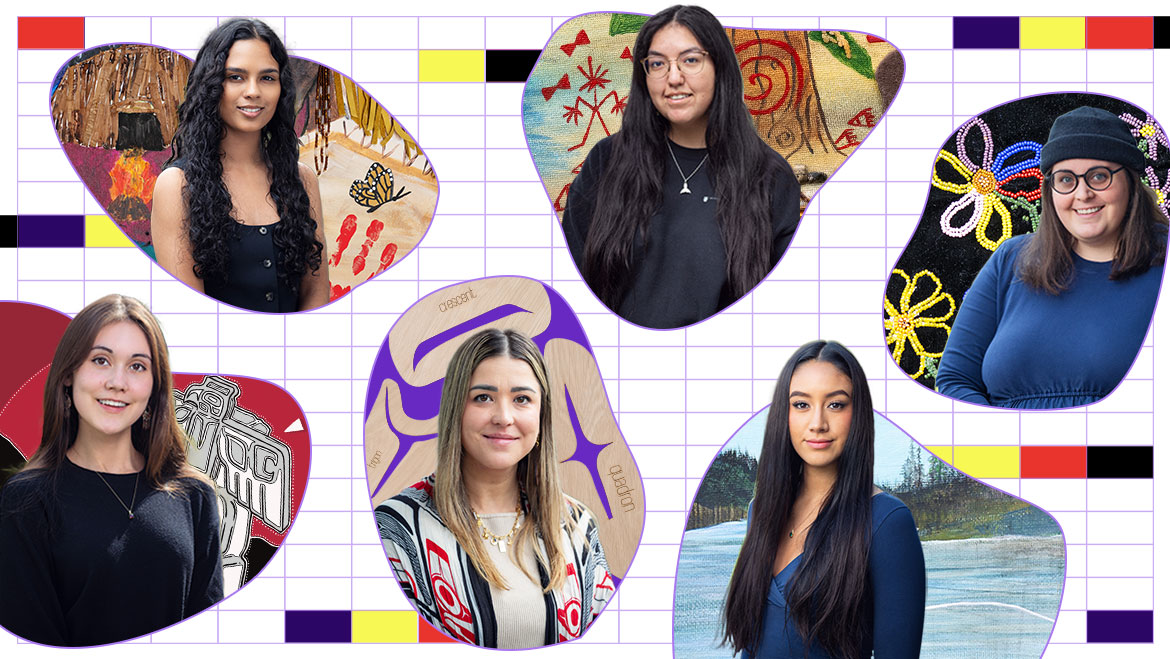

Over the past 20 years, the Arts Co-op Program has connected thousands of students with employers as part of their UBC experience. But not everyone knows that the program all started thanks to two students’ course assignments.
It was 1997 when Julie Walchli, a graduate of UBC’s B.A. and M.A. programs in English, first learned about co-op education while teaching an academic writing course as a sessional lecturer. Two of her students, who were in the Science Co-op program, asked if they could write their major research papers on the benefits of co-op for students.
At that time, co-operative education wasn’t common in the humanities, but after reading their papers, Walchli brought the idea of a co-op program for Arts to her colleagues and mentors, Dr. Anthony Dawson and Dr. Kieran Kealy.
Dr. Dawson recalls thinking this was something that would be particularly beneficial for students in Arts. “There aren’t so many job postings for philosophers,” he says. “So what do philosophy students do after they graduate?” There wasn’t one clear career path, and deciding where to invest their efforts took students time and a bit of exploration.
“We built in a lot of assessment to ensure students had useful, meaningful and quality learning experiences. The co-op learning model we used had decades of research behind it.”
That initial conversation eventually led to a successful Teaching and Learning Enhancement Fund application, which gave Walchli and Dr. Dawson the resources they needed to launch the prototype for Arts Co-op.
“It was a series of fortunate events that helped propel this idea forward,” says Walchli, reflecting on the beginnings of what would quickly grow into one of the most successful co-op programs in Canada. “Some of it was happenstance.”
According to Dr. Dawson, Walchli was the natural choice to lead the program. The Department of English was chosen to house the prototype, where Walchli was already a sessional lecturer.
As the pilot began, Walchli soon found that her main challenge wasn’t in convincing companies to hire Arts students, but in helping students convey what they were learning in the classroom in a way that made sense to employers.
“The thing I had to think about was coaching students effectively and creating resources for them that would allow them to imagine the value and practicalities of what they were doing in a classroom context, then reframe it so the employers could see how they could contribute in a work environment,” says Walchli.
“I’m always encouraging my students to take co-op. I believe it made a significant difference in the trajectory of my career and the opportunities I subsequently got.”
The support they provided students was a big contributor to the program’s success. “We built in a lot of assessment to ensure students had useful, meaningful and quality learning experiences. The co-op learning model we used had decades of research behind it,” says Walchli.
Eric Tung was one of the students in the initial pilot cohort, as well as winner of the first Arts Co-op Student of the Year award. He landed his first co-op term at WorkSafeBC, where he gained experience as a technical writer. He says the skills he gained through his co-op placements led to a job at Business Objects, now known as SAP. Today he works as a consultant on change management and business transformation and as an instructor at UBC Extended Learning.
Tung considers himself an enthusiastic advocate for co-op. “I’m always encouraging my students to take co-op,” says Tung. “I believe it made a significant difference in the trajectory of my career and the opportunities I subsequently got.”
“It’s vital for students to learn how to take their Arts degrees out into the world. On a personal level, the work has been so rewarding and I feel very fortunate.”
Since that first cohort, thousands of students have gone through the doors of Arts Co-op and participated in enriching work terms.
Dr. Kealy, who was part of the initial planning conversations for the pilot, is proud to see how much has been accomplished over the past 20 years. “I feel that it’s kind of legendary as an influence,” he says. “It started as an extremely small experimental program and is now universally utilized as a model throughout Canada.”
Walchli says she’s still in touch with many Arts Co-op alumni—including her first cohort—who are all clear about the fact that if they hadn’t had that co-op experience, they wouldn’t be where they are today.
“I planted the seed, but wouldn’t have been able to grow it myself,” says Walchli. “It’s vital for students to learn how to take their Arts degrees out into the world. On a personal level, the work has been so rewarding and I feel very fortunate.”


